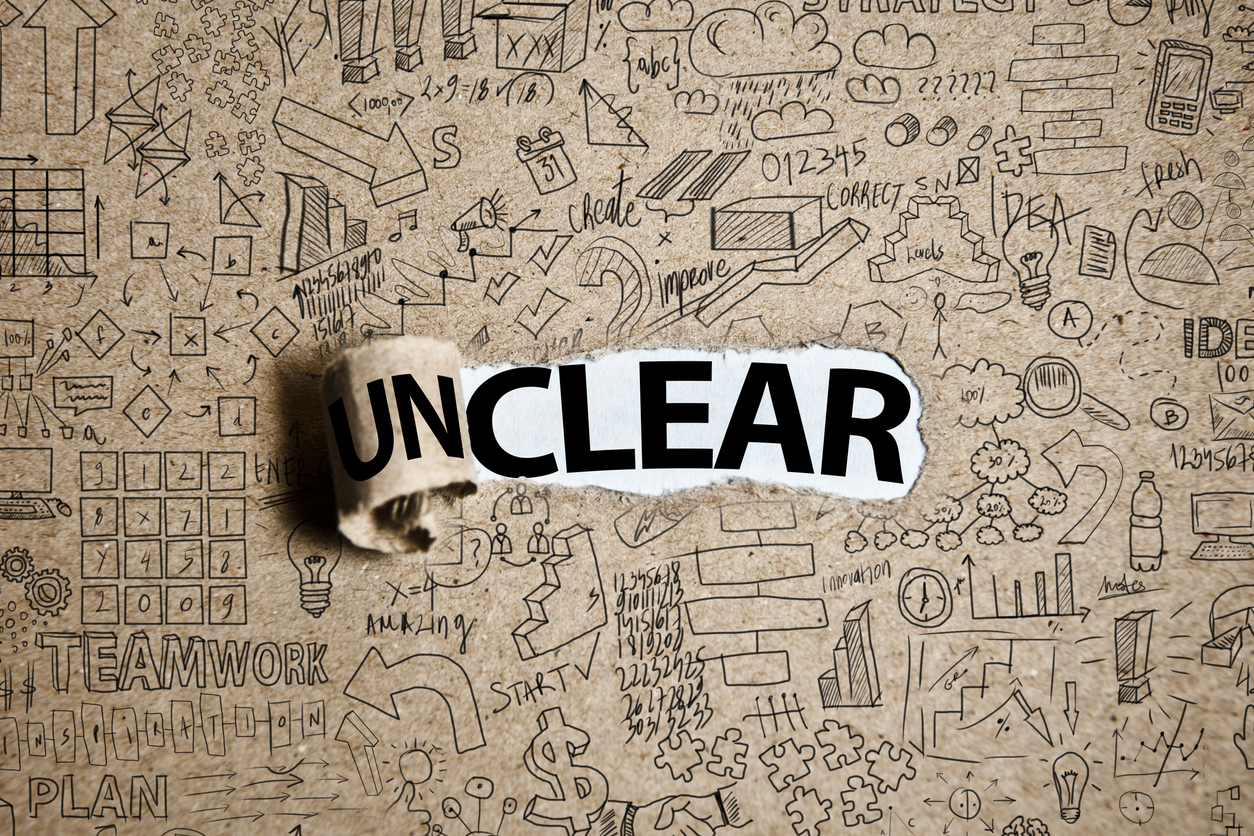This post follows yesterday’s discussion regarding good faith. I am about to take a claims adjuster’s deposition in Manhattan at the time I am writing this. I will ask a series of questions regarding exactly what good faith in claims handling is.
Like virtually every other adjuster, I anticipate that he will agree that the duties of good faith include:
- Company must treat its policyholder’s interests with equal regard as it does its own interests. This is not an adversarial process;
- Company should assist the policyholder with the claim;
- Company must disclose to its insured all benefits, coverages and time limits that may apply to the claim;
- Company must conduct a full, fair and prompt investigation of the claim at its own expense;
- Company must fully, fairly and promptly evaluate and adjust the claim;
- Company may not deny a claim or any part of a claim based upon insufficient information, speculation or biased information;
- If full or partial denial, Company must give written explanation, pointing to the facts and policy provisions;
- Company must not misrepresent facts or policy provisions;
- Company may not make unreasonably low settlement offers;
- An insurer must adopt and implement reasonable standards for the prompt evaluation of claims;
- In evaluating a claim under a replacement cost policy it is not proper for an insurer to deduct deprecation from the value of the claim;
- Failure to fairly and reasonably investigate a claim does not permit the company to deny the claim due to lack of information or one-sided information;
- An insurance company may not ignore evidence which supports coverage.
- If denial, must promptly give policyholder a reasonable explanation of the basis in the insurance policy in relation to the facts, policy provisions or applicable law upon which it relies for denial of claim;
- If offer is a compromise amount, must provide a reasonable explanation of the basis of that amount in the insurance policy in relation to the facts and law;
- Cannot discriminate in the claim settlement practices based on the claimant’s race, gender, income, religion, sexual orientation, national origin, or physical disability or the territory of the property or person insured;
- Cannot attempt to settle a claim for an unreasonably low amount;
- An insurer must communicate with its insured to keep it appraised of the status of its claim;
- It is improper for an insurer to tie in any manner claim personnelcompensation to claim decisions or payments to its insureds;
- An insurer has a duty to disclose all significant facts to its insured;
- An insurance company must not misrepresent facts or policy provisions relating to coverage of an insurance policy;
- An insurance company must not fail to acknowledge and act promptly upon communications regarding a claim arising under an insurance policy;
- An insurance company must adopt and implement reasonable standards for prompt investigation of claims;
- An insurance company must not refuse to pay a claim without a reasonable investigation of all of the available information and an explanation of the basis for denial;
- When insureds don’t recognize they are entitled to benefits in a policy, an insurance company’s obligation is to point out those policy benefits to them;
- An insurance company cannot deny a claim or refuse partial payment on a claim without first conducting a full, a fair, a thorough investigation of the facts and circumstances;
- An insurance company may not use the claims department as a profit center; and
- The insurance company must keep a total claims file that reflects all activity on a file.
These listed good faith duties are taught and explained in the insurance industry. In most cases when we are forced to get involved, we find that these rules of adjustment have been broken and are the cause of our client’s problems. Good insurance companies strive to make certain these rules are never broken.



